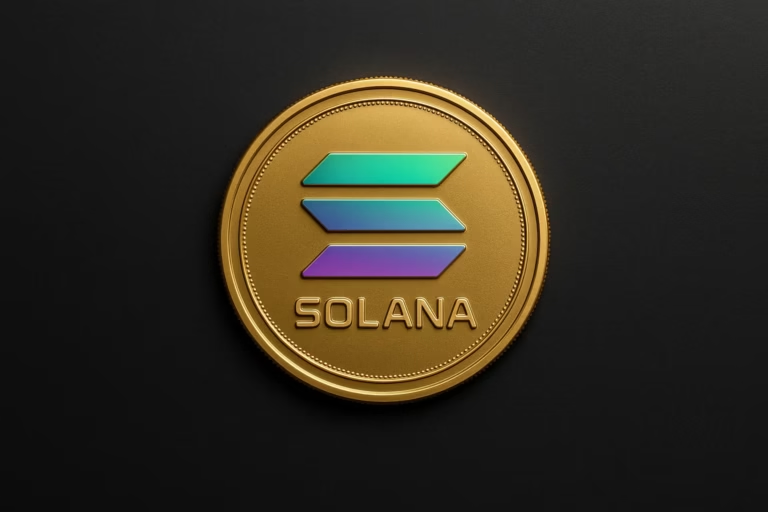
- Polkadot creator Gavin Wood advocates for integrating proof of personhood into blockchain to drive widespread adoption, emphasizing its importance in everyday transactions and societal interactions.
- Wood critiques current approaches reliant on centralized authorities, urging the blockchain community to develop decentralized solutions that respect privacy while enhancing blockchain’s utility beyond financial applications.
The Importance of Proof of Personhood
Gavin Wood, the visionary behind Polkadot, has recently spotlighted a critical advancement for blockchain technology that could propel it into mainstream adoption: proof of personhood. This concept, which involves digitally verifying an individual’s humanity, could be the game-changer the blockchain community has been seeking.
In an insightful discussion on Raoul Pal’s podcast, Wood articulated the potential of proof of personhood to transform blockchain technology. He observed that while blockchain has excelled in handling financial transactions, it has yet to master the concept of verifying individual identities—a crucial aspect of modern societal interactions.
Wood emphasized that personhood verification is a fundamental element of daily life, particularly in Western societies. He cited the common practice of requiring identity verification for high-value purchases, such as buying computer equipment over $1,000. This routine, though often unnoticed, underscores the essential role of personhood in commerce and social interactions.
Moving Beyond Financial Applications
Wood’s insights highlight the need for blockchain to evolve beyond its current financial focus. He stressed that integrating personhood verification is vital for blockchain to become a more significant part of society. The challenge, however, lies in implementing this without relying on government authorities, which many current methods, like KYC (know-your-customer), heavily depend on.
“We naturally expect to see a face for so many transactions, and our social fabric depends on this. Proof of personhood needs to be part of blockchain before it can be a significant part of society,” Wood explained. He criticized centralized approaches, such as those employed by Worldcoin, for their excessive dependency on governmental validation.
Wood urged the blockchain community to devise more inventive methods to embed personhood verification into blockchain systems. He underscored the necessity for decentralized solutions that do not rely on governmental input, to ensure the integrity and utility of blockchain technology.
The Path Ahead for Polkadot
Polkadot, with its focus on interoperability, is well-positioned to pioneer this advancement. By integrating proof of personhood, Polkadot could address broader societal needs and facilitate a more inclusive digital economy. As of now, Polkadot’s native cryptocurrency, DOT, is trading at $6.99, with potential for growth if it surpasses the $7.4 mark.
Gavin Wood’s emphasis on proof of personhood could be the catalyst needed for blockchain’s mass adoption. By addressing this fundamental aspect of human interaction, Polkadot and the broader blockchain community can pave the way for a more integrated and accessible digital future.




